Children's Services
Ultimate Guide -
Child Learning and Development

How do nurseries support early learning?
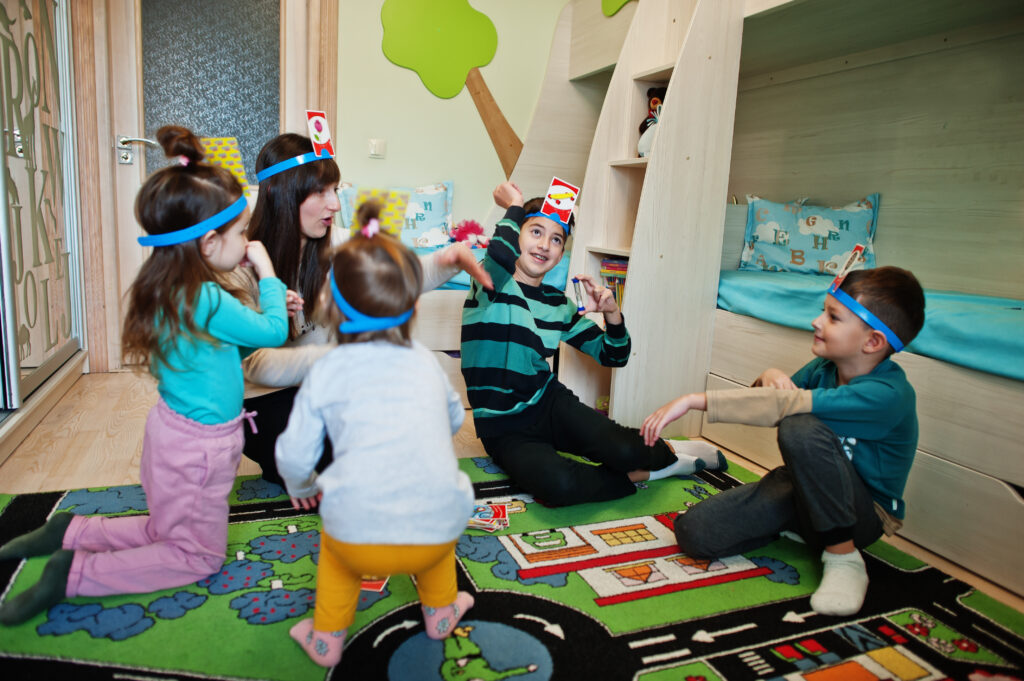
Nurseries support early learning by following the Early Years Foundation Stage (EYFS) framework, which encourages development through structured play, storytelling, music, and interaction. Activities are designed to promote language, numeracy, motor skills, and problem-solving. Staff observe and record progress, adapting activities to suit each child’s needs.

Do day care centres follow the EYFS curriculum?
Yes. All registered day care centres and nurseries in England are required to follow the EYFS curriculum. This ensures a consistent standard of care and education, focusing on seven key areas of learning such as communication, literacy, and personal, social, and emotional development.
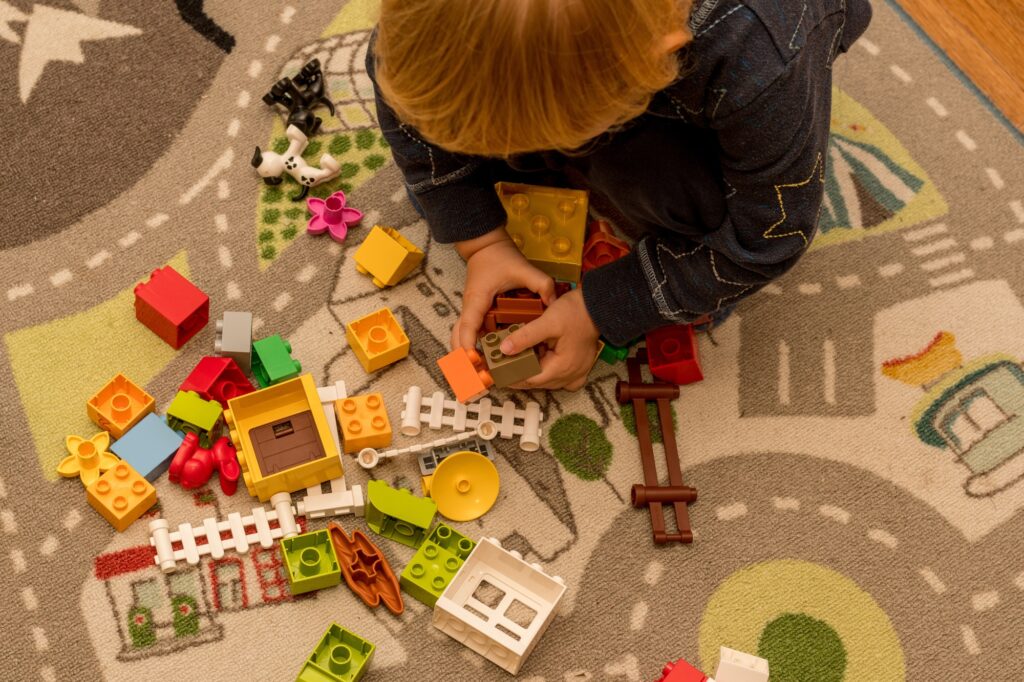





How do nurseries prepare children for primary school?
Nurseries prepare children for school by helping them develop independence, confidence, and social skills. They encourage children to manage routines such as dressing and mealtimes, while also introducing early literacy and numeracy. Group activities familiarise children with classroom-style learning, making the transition to school smoother.
Do babysitters help with homework?
Some babysitters are willing to help children with homework, although this depends on their experience and the arrangement agreed with parents. Babysitting is generally focused on supervision, but many parents prefer sitters who can provide light educational support, especially for school-aged children.


What role does play have in nurseries?
Play is central to nursery education. It supports creativity, problem-solving, social interaction, and physical development. Through play, children explore the world, build confidence, and develop essential skills. Nurseries often use both free play and guided play sessions to balance fun with structured learning outcomes.
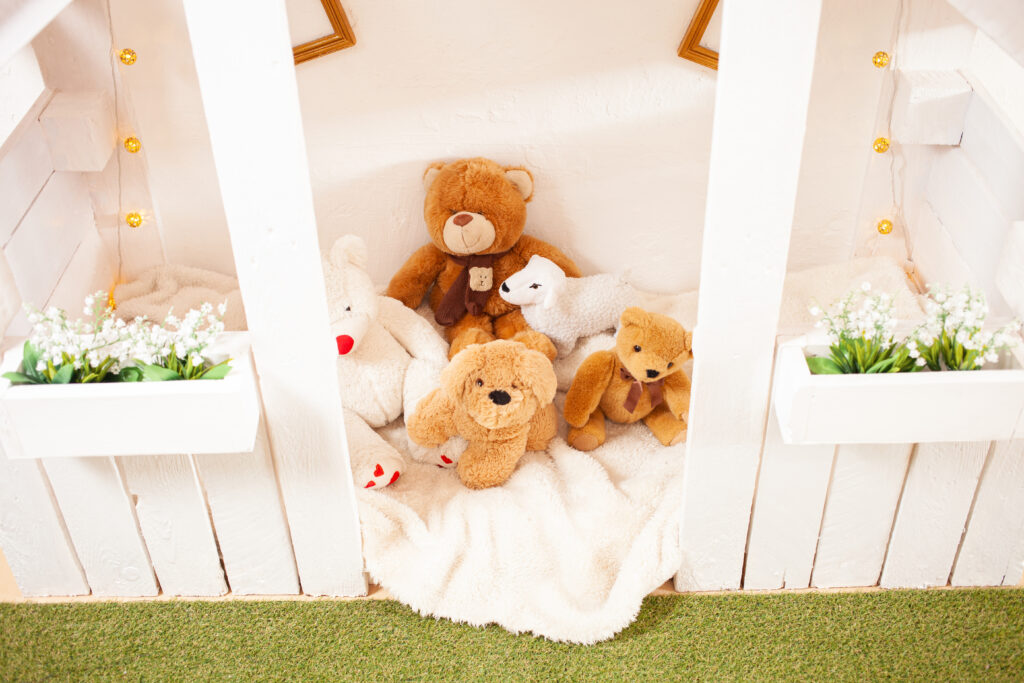



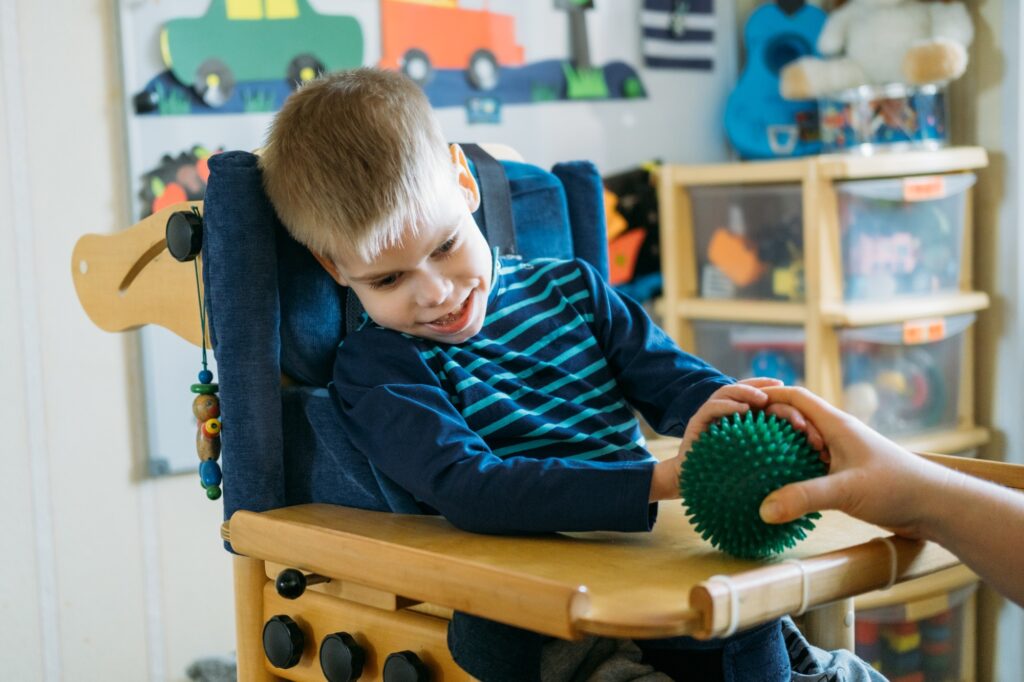

How do nurseries support social development?
Nurseries promote social development by encouraging children to interact, share, and work together in group activities. Children learn to communicate, take turns, and resolve conflicts in a safe environment. These interactions build empathy and cooperation, preparing them for the social demands of school and wider society.
Do daycare centres teach languages or extra skills?
Some day care centres offer additional opportunities such as basic foreign language lessons, music classes, or sports activities. These vary by provider and are not mandatory under EYFS. Parents should check with individual centres to see if they include extra-curricular learning alongside core early years education.
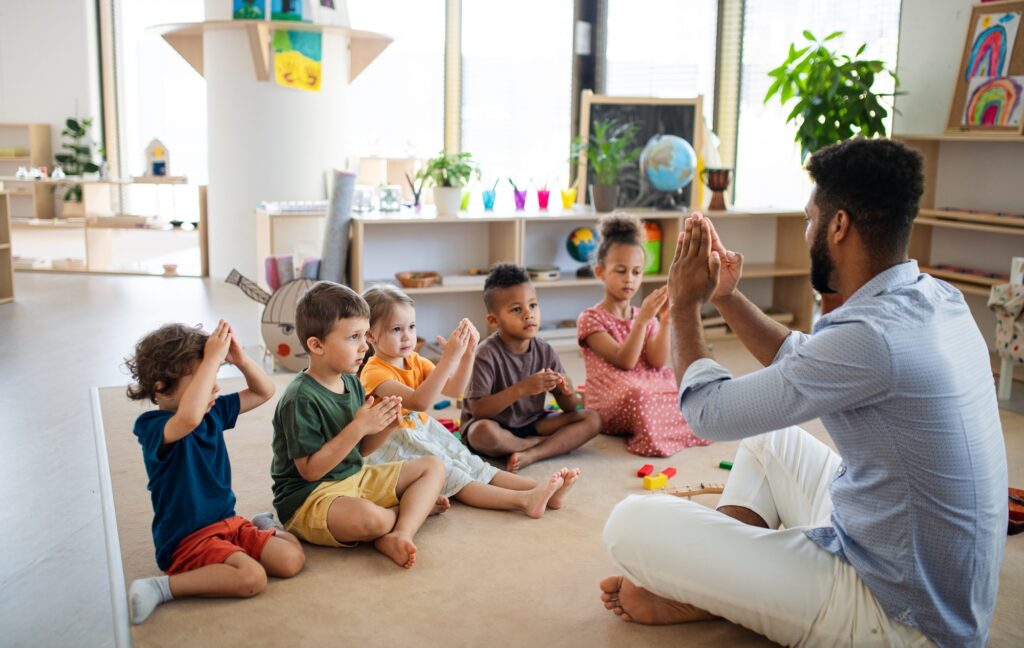

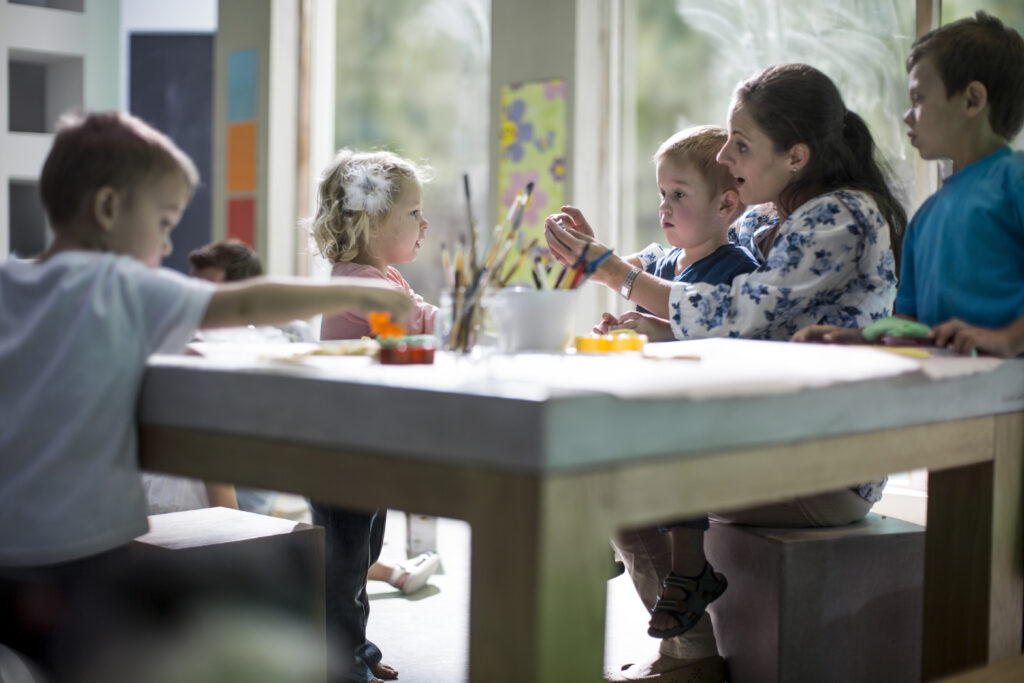

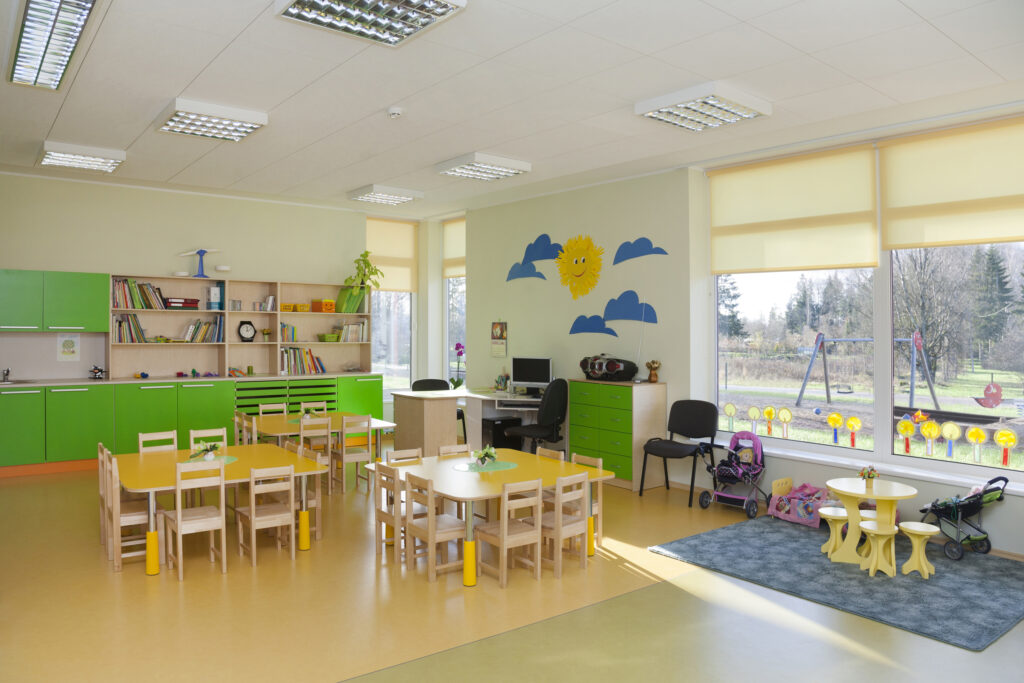

How do nurseries track child development progress?
Nurseries track progress through regular observations and assessments against the EYFS framework. Staff record milestones in areas such as language, motor skills, and emotional development. These observations are shared with parents through reports or meetings, and adjustments are made to activities to support each child’s development.
What is the benefit of structured childcare over babysitting?
Structured childcare, such as nurseries or day care centres, provides regulated environments with qualified staff, educational frameworks, and consistent routines. This supports both development and safety. Babysitting is more flexible but usually lacks the same focus on learning and long-term progress. Parents may choose structured childcare for daily needs and babysitting for occasional cover.

How do nurseries support children with special needs?
Nurseries support children with special needs by creating individual care and education plans, working with parents and external specialists such as speech therapists or educational psychologists. Staff receive training in inclusive practices and adapt activities to meet each child’s needs. Many nurseries have a designated Special Educational Needs Coordinator (SENCO) to oversee support.

